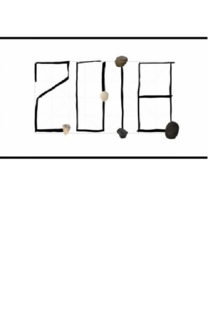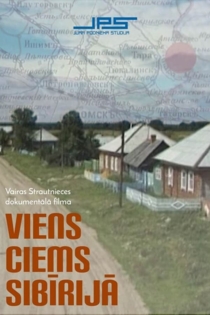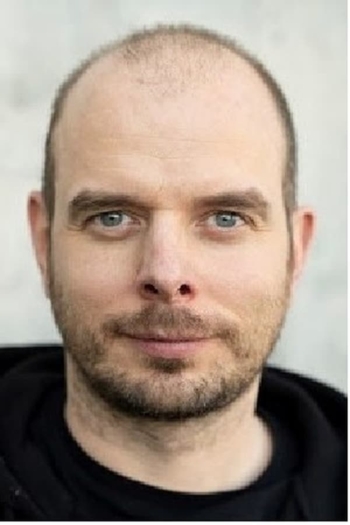
Kaspars Goba
2021homo@lv
Kaspars Goba
A portrait of a post-Soviet country in Eastern Europe whose society is torn apart by the struggle to accept the Gay Pride Parade tradition. The unearthing of Pride in Riga from 2005 to 2010 shows the different perceptions of the concept of democracy in the 21st century.
homo@lv
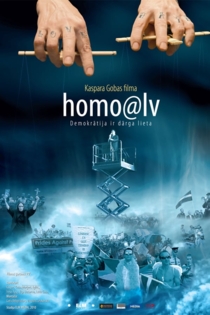
Inga dzird
Kaspars Goba
“Inga Can Hear” is a story about the 15-year old Inga, a girl caught between two worlds. Being the only hearing member of a deaf family residing in the remote Latvian countryside, Inga has been the family’s interpreter in the hearing world since the age of seven. Her role in the family has forced her to grow up very quickly and her personality fluctuates between a responsible young woman and a moody teenager. Inga is about to graduate from middle school and has to make a decision on what to do next. Inga’s head is full of questions. To pursue a career as an actress? To become a firefighter? What will happen to the family, for whom she has sometimes been the only link to the outside world?
Inga Can Hear
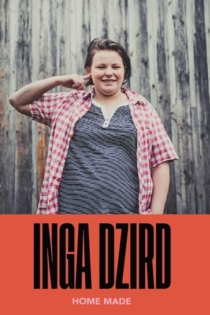
Медея
Aleksandr Zeldovich
Tinatin Dalakishvili, Yevgeni Tsyganov
Medea is an intelligent, highly educated woman who gives up on her dreams when she falls for rich businessman Alexei. When the pair have two children, she patiently waits for him to divorce his wife, and as he decides to emigrate from Russia to Israel, she meekly follows him. But when he shuns her for having committed a crime to protect him, her blind love turns into burning rage.
Medea

Seda. Purva ļaudis
Kaspars Goba
In Seda, a remote peat miners' town in Latvia, time seems to be frozen in the Soviet era. Built in 1952 and inhabited by a multi-ethnic workforce from different parts of the former USSR, it still preserves intact the inflated style of a Stalinist "shock work" construction project. Culturally Seda's people feel like a community apart. Their lingua franca is Russian, and their social life is a mixture of Soviet and Russian Orthodox traditions. They don't want the European Union, they want to live in their own state - the Marshland.
Seda: People of the Marsh
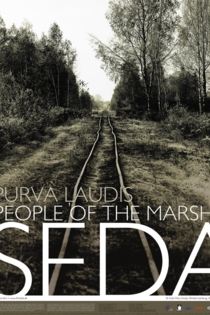
Pirmie
Kaspars Goba
In 2006, seven confused Somalian refugees found themselves in the middle of a park in Riga, a modern capital in a member state of the European Union. As they had overstayed their time limit at the national centre for illegal immigrants, the authorities had no strategy for how to deal with them, so the seven refugees were simply let go. They had no identity documents and no money. They didn’t speak the language. They didn’t even have a legal option for leaving Latvia. Two of them were underage. The seven Somalians found help and a place to stay in Latvia, but not through official channels. The Somalian protagonists in this film ended up choosing separate paths. Some of them have left Latvia and moved to a more welcoming country. Some have chosen to stay – they have learned the language and enjoy living in Latvia. The case of the seven Somalians is an extreme example of how unprepared Latvian society is for the upcoming increase in multiculturalism, ethnic diversity, and migration.
They Were The First
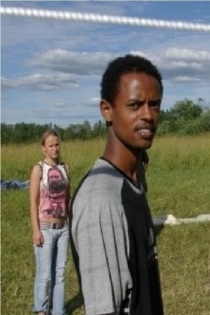
2018
Inese Kļava, Ivars Zviedris
During Latvia’s centennial year, 15 filmmakers created each his own film portrait of a person living in Latvia on the background of centenary events. Documentary 2018 combines these stories into a unique poetic vision based on analogy with the documentary 235 000 000, a classic of the Riga school of poetic documentary cinema. This film is an attempt to make sure whether the codes of the poetic cinema are still relevant and accessible today.
2018
